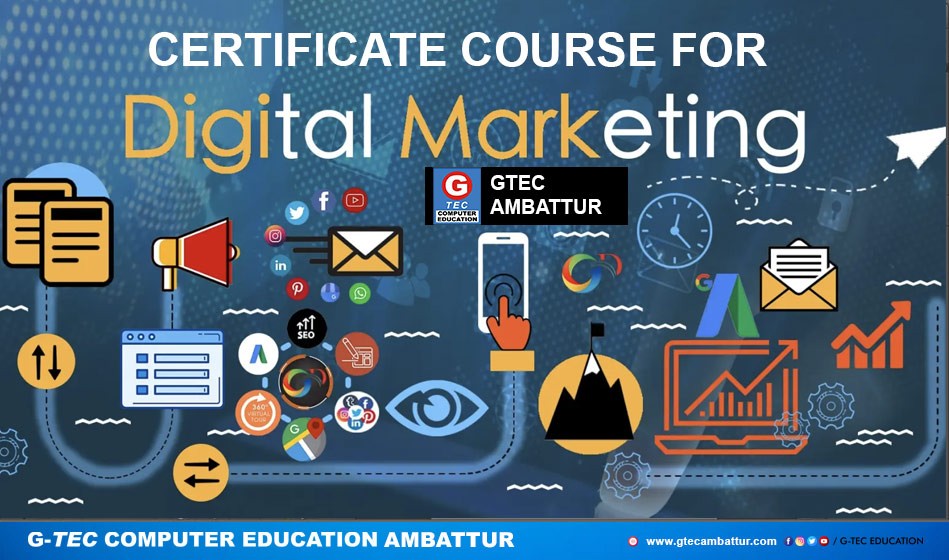


CDM Certificate Course in Digital Marketing
Digital marketing is a broad and dynamic field that involves promoting products, services, or brands through various online channels. It leverages digital technologies and platforms to reach and engage with a target audience. The primary goal of digital marketing is to drive awareness, generate leads, increase sales, and build brand loyalty in the online space.
Key components of digital marketing include: